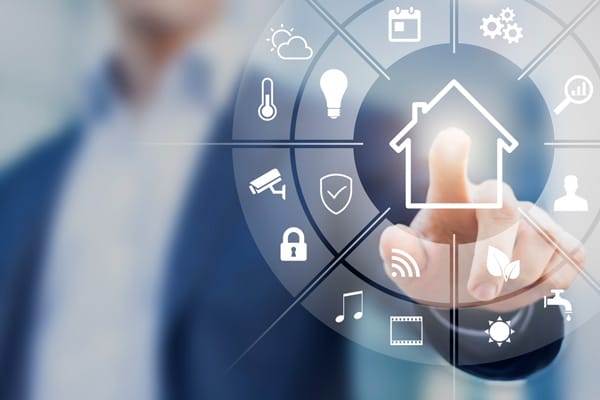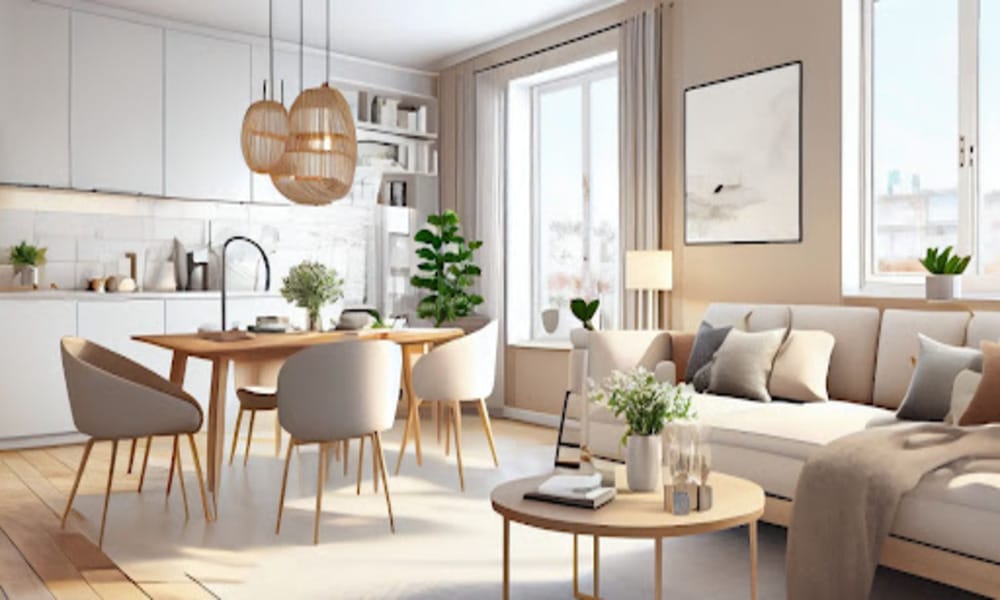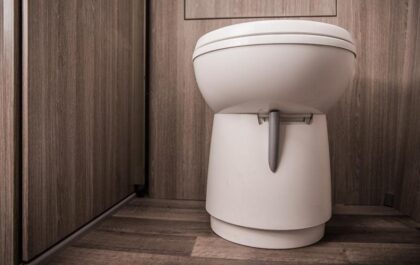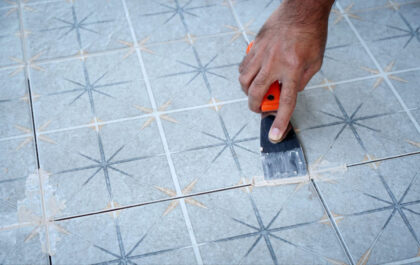As technology continues to advance and the importance of sustainability becomes more evident, the future of home living is headed towards sustainable and smart homes. These homes are designed to not only reduce our carbon footprint but also provide convenience, comfort, and efficiency for homeowners. In this article, we will explore the various aspects of sustainable and smart homes and how they are shaping the future of home living.
Sustainable Homes
Sustainable homes, also known as green homes or eco-friendly homes, are designed with the environment in mind. They are built using sustainable materials, such as recycled or renewable resources, and incorporate energy-efficient technologies to minimize the use of natural resources.
One of the key features of sustainable homes is their energy-efficient design. These homes are equipped with advanced insulation systems, energy-efficient appliances, and smart thermostats to reduce energy consumption. They often have solar panels installed on the roof to harness the power of the sun and generate clean energy.
In addition to energy efficiency, sustainable homes also focus on water conservation. They are equipped with low-flow fixtures and water-saving technologies, such as rainwater harvesting systems and greywater recycling systems. These features not only reduce water consumption but also help homeowners save on their water bills.
Furthermore, sustainable homes prioritize indoor air quality. They are designed to promote good ventilation and use non-toxic materials to minimize the release of harmful chemicals into the air. This creates a healthier living environment for homeowners and reduces the risk of respiratory issues and allergies.
Smart Homes

Smart homes, also known as automated homes or connected homes, are equipped with advanced technologies that allow homeowners to control and monitor various aspects of their homes remotely. These homes are designed to provide convenience, energy efficiency, and enhanced security.
The heart of a smart home is a central hub or a smart home automation system. This system connects various devices and appliances in the home, allowing them to communicate and be controlled through a smartphone or a voice assistant. Homeowners can control lighting, temperature, security systems, and even appliances with just a few taps on their smartphones.
Smart homes also incorporate energy management systems that optimize energy usage. They can automatically adjust lighting and temperature settings based on occupancy or time of day, resulting in energy savings. Additionally, smart appliances, such as refrigerators and washing machines, can be programmed to run during off-peak hours to take advantage of lower electricity rates.
Another key aspect of smart homes is enhanced security. These homes are equipped with smart security systems, including surveillance cameras, motion sensors, and smart locks. Homeowners can receive real-time notifications and monitor their homes remotely, providing peace of mind and deterring potential intruders.
The Future of Home Living
The future of home living lies in the integration of sustainable and smart home technologies. Imagine a home that not only reduces its environmental impact but also adapts to the needs and preferences of its occupants.
In the future, homes will be designed with even more advanced energy-efficient technologies, such as smart windows that adjust transparency based on sunlight intensity or self-healing materials that repair themselves. Sustainable materials will become more readily available, making it easier and more affordable to build eco-friendly homes.
Furthermore, smart homes will continue to evolve, with more devices and appliances being connected and controlled through a unified system. Artificial Intelligence (AI) will play a crucial role in predicting and optimizing energy usage, as well as personalizing the home environment based on individual preferences.
The future of home living is indeed exciting. Sustainable and smart homes offer a glimpse into a world where technology and environmental consciousness coexist harmoniously, providing homeowners with a comfortable, convenient, and sustainable living experience.



